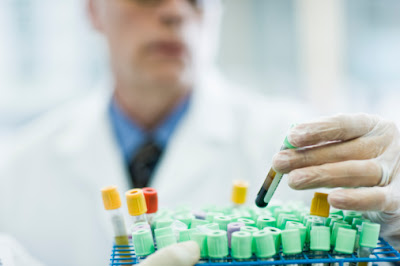Chemotherapy is one of the key weapons in our fight against cancer, but it comes with a whole host of unwanted side effects and damage to the surrounding, healthy areas of the body. So an international team of researchers has come up with what they think could be a much less toxic way of delivering the treatment, and it's based around 'cluster bombs' of nanoparticles.
The new procedure is designed to improve the delivery of the chemotherapy drug cisplatin. It works using tiny nanoparticles, just 100 nanometres wide, which are loaded with drugs and transported to the tumor site through blood vessels. Once they reach their destination, the acidic environment around the cancer cells causes them to break up into 5-nanometre-wide particles, which can then move inside the tumor cells.
At this point, the cisplatin can do its work from inside the tumor cells, damaging the cancerous DNA to effectively kill them off. To give you some idea of the scale, you can fit a million nanometres inside a millimetre.
In tests on lab mice, the teams from Emory University in the US and the University of Science and Technology of China found that the concentration of cisplatin that reached the tumors was seven times higher than normal. And if more of the drug is reaching its intended target, that means less of it is leaking out into the rest of the body, so unwanted side effects are reduced.
Video source: New nanoparticle 'cluster bombs' could make chemotherapy less toxic.
Source: Jovan Vitanovski/Shutterstock


